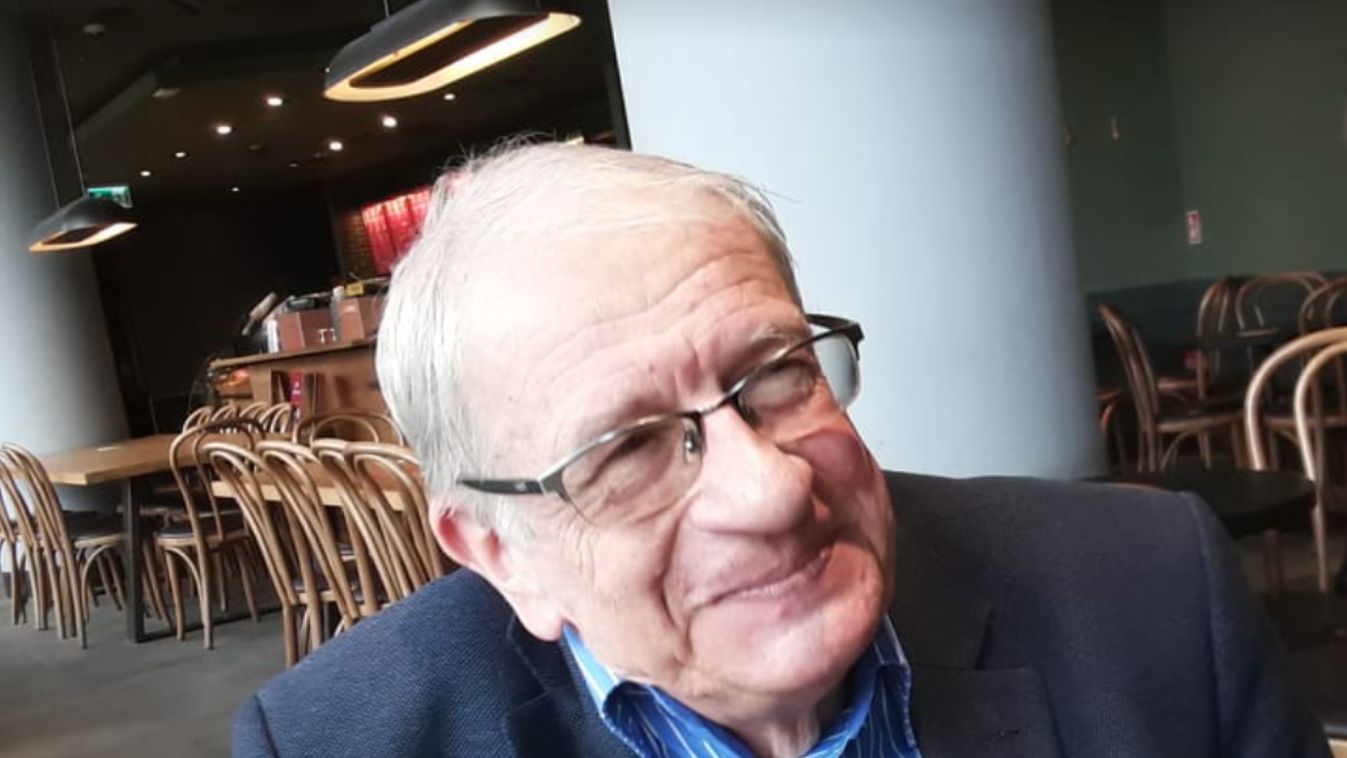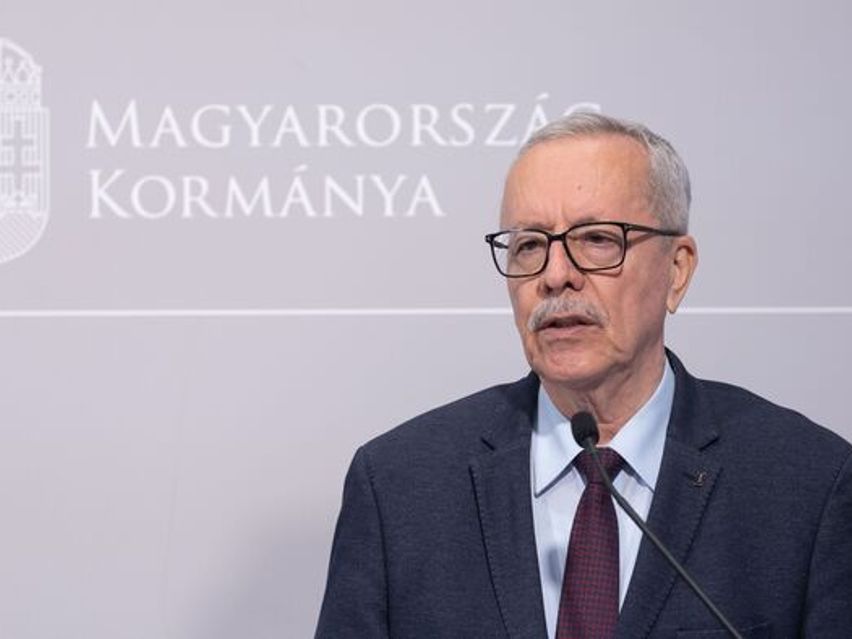The following is an interview with Professor Wojciech Roszkowski, a writer and historian specialising in Polish and European history during the 20th and 21st centuries. He is also a former MEP of the ruling Law and Justice (PiS) party. Wojciech Roszkowski is one of the primary references among conservative Polish intellectuals. In one of his latest books, he reviewed the significant events of Polish politics in recent years.
Sébastien Meuwissen: Throughout the 1990s and until the mid-2000s, Poland was ruled almost continuously by the post-communist left (SLD). One of the most recognisable figures of this period remains former President Lech Wałęsa. In Western Europe and in many liberal and left-wing circles, Wałęsa remains a sort of sacred beast, and any criticism of him is frowned upon. What does this character inspire in you? What is your opinion of this historical figure?
Wojciech Roszkowski: It should really be emphasized that the left did not rule without interruption. There were small exceptions, such as the Olszewski government that lasted from December 1991 to June 1992 during Lech Wałęsa’s presidency. What Wałęsa says today is so self-incriminating that it is difficult to understand what his intentions were during the first half of the 1990s.
His slogans referred to the acceleration of the country’s decommunisation. He did nothing in this direction, however. During his five-year presidency between 1990 and 1995, he maintained the post-communist system as it was. It should also be noted that in the end, he was surrounded almost exclusively by members of the intelligence services.
The problem that arises is how to categorise Wałęsa. Was he a post-communist or an anti-communist? We are dealing with a huge misunderstanding here. Millions of Poles believed, and still believe today, that Wałęsa was an anti-communist while he was in fact a post-communist. He was at the centre of countless dubious affairs. It was he who presented the idea of transforming the Soviet bases on Polish territory into mixed Russian-Polish complexes. These are facts.



















Szóljon hozzá!
Jelenleg csak a hozzászólások egy kis részét látja. Hozzászóláshoz és a további kommentek megtekintéséhez lépjen be, vagy regisztráljon!